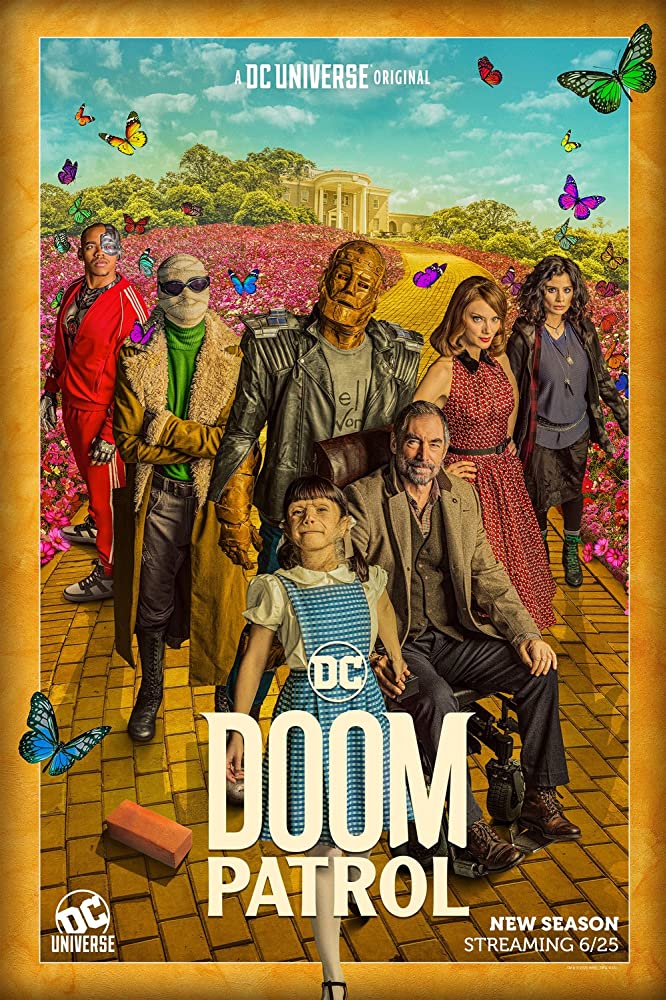On Saturday, he will be at the Lobo Theater in Nob Hill with an all-day workshop that will focus on all aspects of the screenplay process–from ideas to marketing.
Alibi took the opportunity to chat with Decker via phone about the movie industry in general and screenwriting in particular.
What topics will you be covering in this workshop?
A movie idea is like a load of bricks, but the buyers buy buildings. So people who have movie ideas need to learn how to structure them into screenplays that buyers would be interested in buying. That's what we're going to be talking about: How to create a fully drawn movie script. This goes for whether you just have an idea or if you've already written one or more screenplays. You'll still benefit from what I have to say, because what I talk about is the latest trends in Hollywood–what's selling. I teach the conferance attendees how to actually create on the page. We do a lot of “This is the trick, this is how you do it, this is how you create character drive, this is how you create story drive, this is how you create an effective ending.” Things like that.
It seems to me there was once a time where every writer wanted to pen the great American novel. Now, everyone wants to write a blockbuster movie. Why have movies become our dominant medium?
Movies communicate to us in the way we think. We were dreaming in movies long before there were ever movies. As the art form developed though the 20th century, it was able to match the way we think. So, it becomes a very natural way for us to exchange information. Movies have existed virtually unchanged–they added sound, they added color, OK–for over 100 years. They're an extremely durable art form. After a hundred years of movies in our culture, we're now able to process narrative much more efficiently than ever. When I'm talking about narrative, cinematic flow, I'm talking the picture you see and then the next picture you see and our ability to fill in the gap [between the two]. That gap gets longer and longer the better and better we get at this. So, the stories tend to go faster. They get more like Memento, movies like that, where you can actually tell people stories in two directions at once. That's something you could not have done 50 years ago. Movies are a natural way for us to communicate, and the art form itself is evolving at a very exciting pace. I'm not sure we can say the same about novels.
Do you think that Hollywood is or will be paying more attention to the writer in the process of making movies?
The television people are. Much to their benefit. Look what we're getting now on cable and on network. We're getting the best writing we've ever seen on television, because they are more inclined to put the writer at the center of the process. So you get a much clearer vision. The feature film side of the business still puts the director in the center. So the writing is not as vigorous as what we're getting on television. Like on “Deadwood,” we get the most phenomenal writing. I could name shows all day long. It's so exciting what they're doing with the pages. But in movies, it's still the director putting–well, I need to stop talking about that. I don't want directors mad at me.
It sounds like, from your approach to screenwriting, there is still a way to catch the attention of Hollywood by the writing.
Absolutely. Even though in feature film it's a director-centered process, the writer still is the beginning of everything. Nothing moves without a screenplay. The writer sits firmly in the center of the Hollywood value chain, as they say in the trades. It all stems from the writer.
New Mexico is having an interesting relationship with the film industry right now. We're getting so many productions in from Hollywood.
Yeah, your film office is just burning up the track. They're doing a hell of a job.
Yes. And we're really trying to find a way to translate that into getting more homegrown talent–writers, directors, producers–and not just wage slaves for a bunch of Hollywood carpetbaggers.
Well, what you need are screenplays that are written by residents and take place there. Very often today, the smaller independent production companies–I mean like Fox Searchlight, Warner Independent, those people–when they find a talented writer they will follow the lead of what they're doing on their TV side and make the writer the director. And they'll surround him with competent techies who can make sure the picture is in focus. But, in order to keep the vision clear, they'll put the writer in the director position. We're seeing more and more of that come along. If we can get New Mexico residents writing powerful, marketable, commercial screenplays that will draw the work to the state and get them set in the catbird's seat where they can actually call the shots, that would be great. But it's all gonna start with the vision, with the screenplay.
“Take Your Screenplay to the Next Level” with Dan Decker will take place Saturday, Feb. 25, from 8:30 a.m. to 5:30 p.m. at the Lobo Theater in Nob Hill. TIckets are $99.95. For more information, call 553-5501 or log on to www.nmscreenwriters.com.



